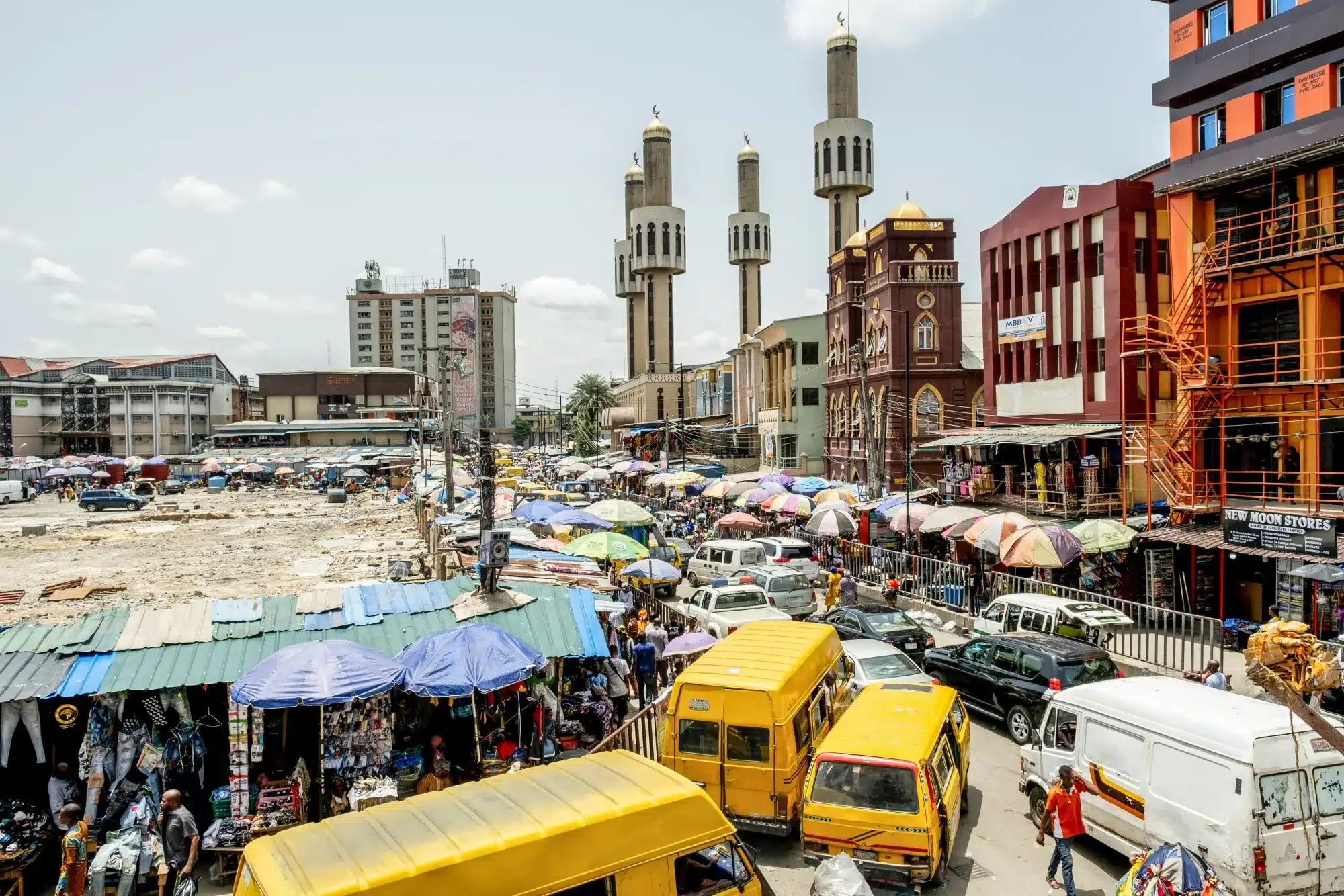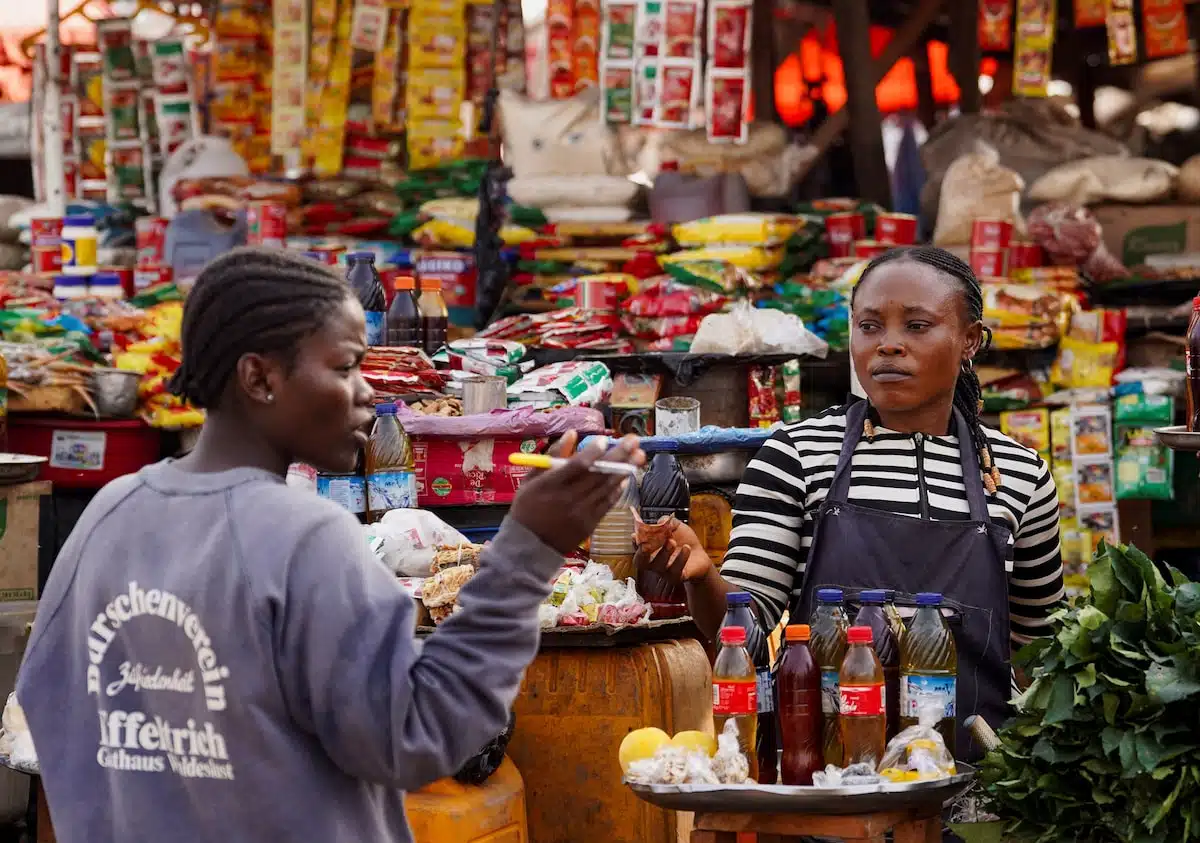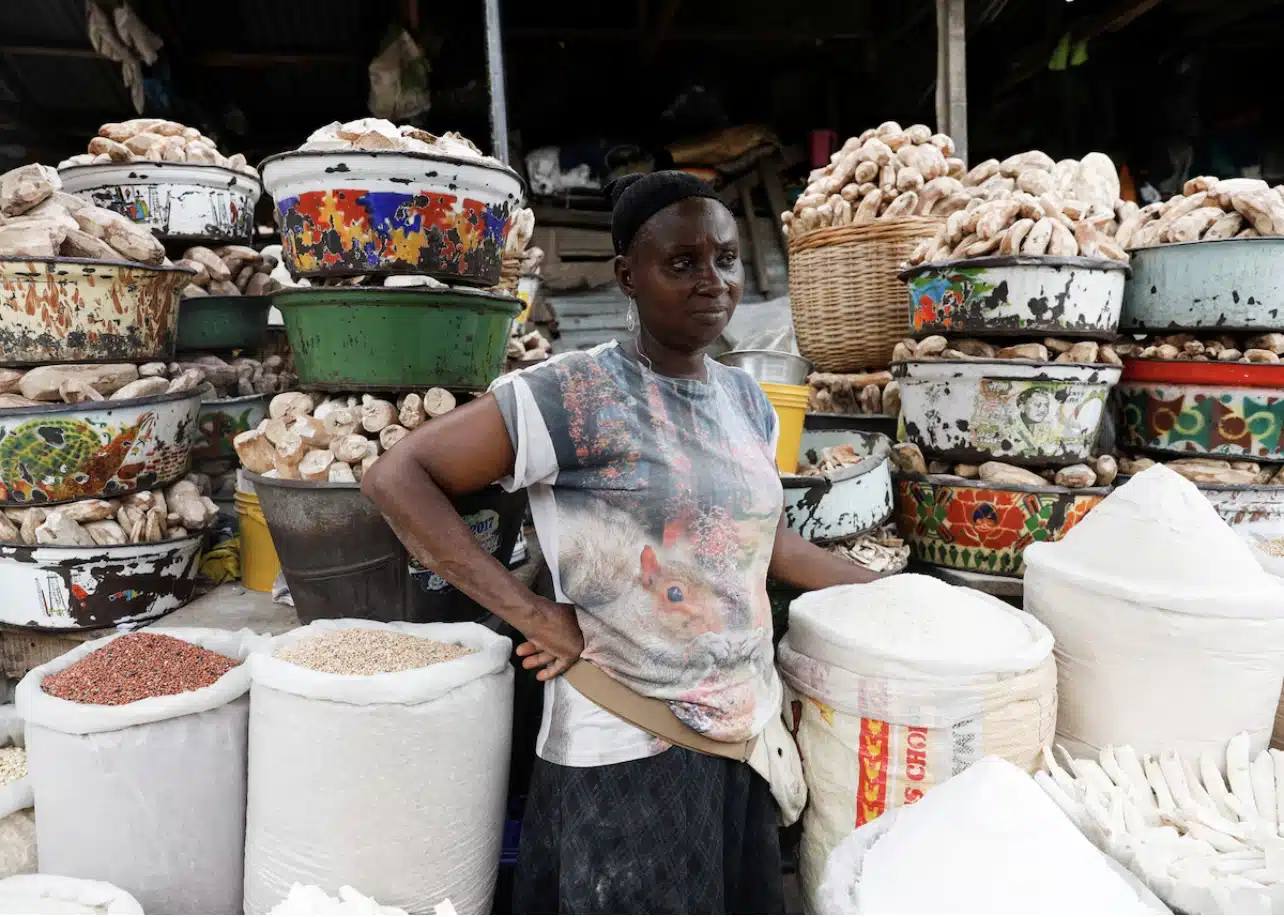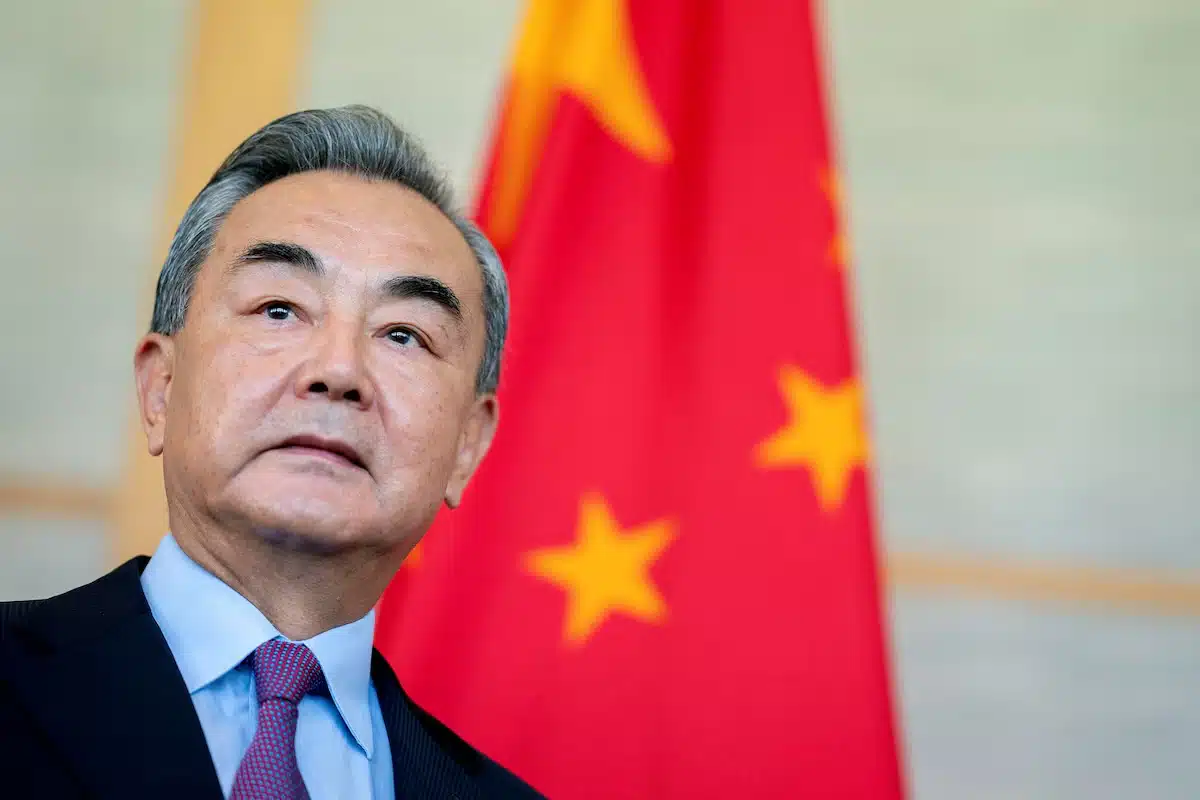Nigeria will need to expand its economy by at least $754 billion in the next six years to achieve its $1 trillion target by 2030, according to a presentation by Omoboyede Olusanya, Vice Chairman of the Nigerian Economic Summit Group (NESG).
Speaking at the 31st Nigerian Economic Summit in Abuja on Monday, Olusanya stated that the economy must grow by an average of 15% annually to reach the milestone, warning that while ongoing reforms are commendable, they remain insufficient to bridge the country’s significant growth gap.
“These policies are the basics, but don’t provide the solutions to our problems,” he said.
Since assuming office in May 2023, President Bola Tinubu has introduced sweeping reforms aimed at restructuring Africa’s fourth-largest economy. These include unifying the foreign exchange market after years of distortions, removing costly fuel subsidies, and implementing tax reforms to boost non-oil revenue and strengthen fiscal discipline.
Olusanya acknowledged that the government’s efforts have provided a foundation for growth, but stressed that Nigeria must sustain and deepen these reforms to deliver real economic transformation
“A reversal of these reforms will bring us back to where we came from,” he cautioned. “It’s important to maintain the institutional reforms that we’ve started.”
Driving growth through industry and innovation
The Group CEO of Flour Mills of Nigeria noted Nigeria’s pathway to achieving its trillion-dollar ambition lies in deepening industrialisation through stronger agricultural productivity and infrastructure expansion.
He argued that the country must move away from its reliance on imported raw materials by improving local yields and building systems that can transport and preserve goods efficiently.
“We can’t encourage agriculture and then suffer post-harvest losses—it’s a waste of resources,” he said.
He noted that developing infrastructure at scale will demand greater private sector participation, supported by financing mechanisms that ensure investment security and continuity.
We need to enhance the ability of the private sector to support government investment by providing funding,” he said. “But this funding will only come when there is a ring around those investments that allow for de-risking, security, and continuity.”
Diversifying trade and exports, he added, is also essential to sustaining growth, with Nigeria needing to shift from basic commodity exports to value-added manufacturing under the African Continental Free Trade Area.
Olusanya further highlighted the potential of technology and innovation as drivers of future growth, pointing out that Nigeria’s thriving tech ecosystem has yet to translate into tangible economic transformation.
“We’ve led Africa in technology but haven’t turned that leadership into a revolution that boosts productivity and exports,” the VP said.
“We should encourage investment in the mining of those resources, development of the human capital and technology platforms that can be used to create a big export economy”
Closing the growth gap
Despite reform progress, Nigeria remains far from its $1 trillion aspiration.
Following the rebasing of the GDP by the National Bureau of Statistics in July — which updated the reference year from 2010 to 2019 — the size of the economy for 2024 rose from $187.7 billion to $252.0 billion. This leaves a growth gap of over $700 billion, underscoring the scale of the challenge.
Olusanya noted that to bridge this gap and boost investor confidence, Nigeria must ensure macroeconomic stability, predictable policy, and stronger institutions. “We can’t continue in an environment where court cases take 10 years to be resolved,” he said. “Investors want to operate where the institutional framework supports them.”
NB: The dollar figures are based on the official average exchange rate of ₦1,478.9/$1 in 2024.









